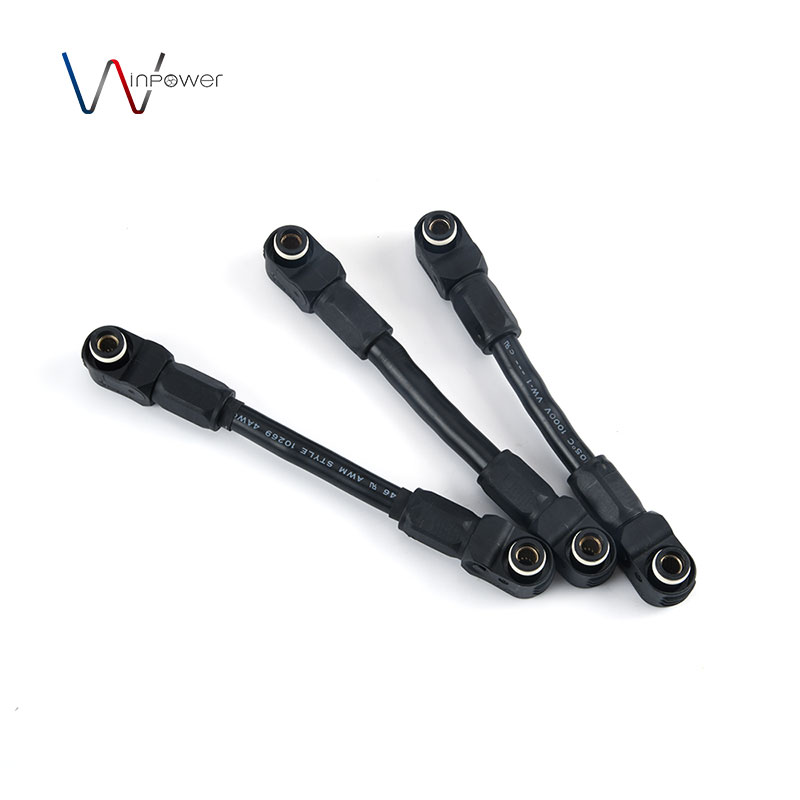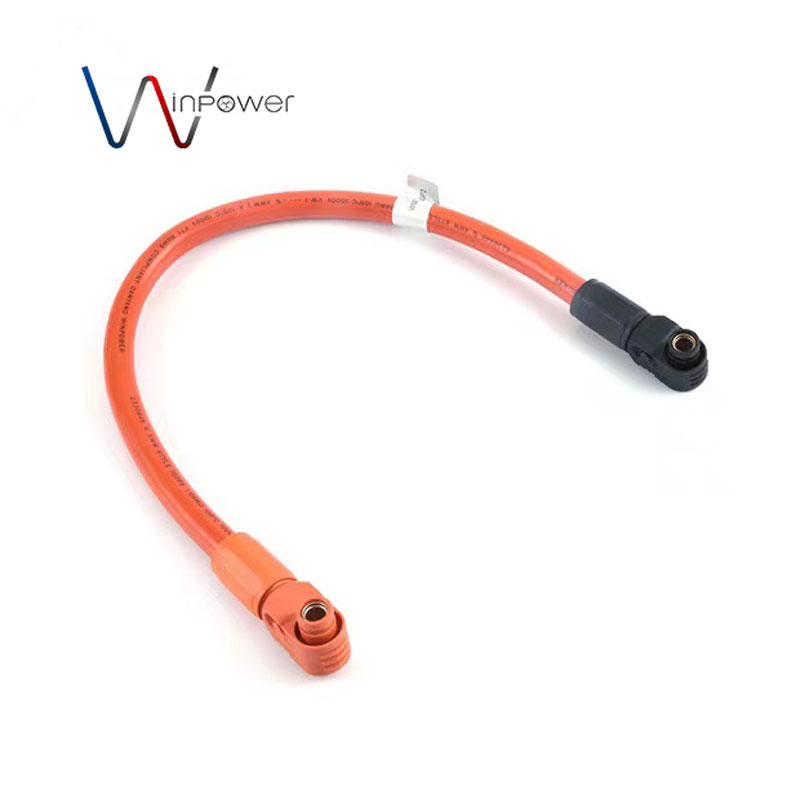Custom Modular Electronics Harness
Modular electronics harnesses are advanced wiring solutions designed for high-efficiency, customizable electronic systems. These harnesses allow for easy integration, replacement, and scalability of electronic components, making them ideal for industries that demand flexibility, such as automotive, aerospace, consumer electronics, and industrial automation. Modular harnesses provide a streamlined way to manage complex wiring systems, ensuring reliability, ease of maintenance, and future-proofing through modularity.
Key Features:
- Modular Design: The modular nature of these harnesses allows different sections to be easily replaced, upgraded, or expanded without having to overhaul the entire system.
- Scalable and Flexible: Designed for scalability, modular electronics harnesses can grow with system requirements, making them a long-term solution for projects requiring future expansion or upgrades.
- Durable and Reliable: Constructed from high-quality, durable materials, these harnesses are designed to withstand environmental stress, including temperature variations, vibrations, and moisture.
- Easy Installation and Maintenance: Thanks to their modularity, installation and maintenance are simplified, allowing users to replace or add components without disrupting the entire system.
- Interconnectivity: Modular harnesses feature standardized connectors, which enhance compatibility between different modules, devices, and electronic systems.
- Advanced EMI/RFI Protection: Equipped with shielding options, these harnesses protect sensitive electronic components from electromagnetic interference (EMI) and radio-frequency interference (RFI), ensuring smooth data and power transmission.
Types of Modular Electronics Harnesses:
- Standard Modular Harness: These harnesses offer basic connectivity and modularity, designed for general applications in electronics and automation systems.
- Shielded Modular Harness: Featuring EMI/RFI shielding, this type of harness is ideal for environments with high electrical noise, such as industrial settings or automotive electronics.
- Custom Modular Harness: Tailored to specific applications, these harnesses offer customized connectors, wire configurations, and materials to meet unique project requirements.
- High-Density Modular Harness: Designed for compact systems with space constraints, these harnesses feature high-density connectors and cables, enabling more connections in a smaller footprint.
- Ruggedized Modular Harness: For applications in extreme conditions, ruggedized harnesses are built with enhanced durability, able to withstand harsh environments such as aerospace or military operations.
Application Scenarios:
- Automotive and Electric Vehicles (EVs): Modular electronics harnesses are commonly used in automotive systems, including electric vehicles, to connect sensors, control units, and infotainment systems. They offer flexibility for upgrades, such as adding new features like autonomous driving modules or battery management systems.
- Aerospace and Defense: In the aerospace industry, modular harnesses connect avionics, communication systems, and control units. Their modularity allows for easy maintenance and upgrading of critical systems without disrupting overall operations.
- Industrial Automation: These harnesses play a crucial role in factory automation systems, where they connect controllers, sensors, and actuators. Their modularity allows for easy expansion and reconfiguration as production lines evolve.
- Consumer Electronics: Modular harnesses are used in home appliances, gaming consoles, and smart home systems. They enable manufacturers to design flexible, upgradable products that can easily integrate new features and technologies.
- Telecommunications: In data centers and network infrastructure, modular electronics harnesses ensure efficient communication between servers, routers, and switches. Their scalability supports the growing demands of cloud computing and data storage solutions.
Customization Capabilities:
- Connector Options: Modular electronics harnesses can be customized with a variety of connector types, including USB, HDMI, RJ45, and proprietary connectors, ensuring compatibility with a wide range of devices.
- Wire Gauge and Length: Harnesses can be tailored to meet specific power requirements, with customizable wire gauges and lengths to optimize performance and space management in tight configurations.
- Material Selection: Depending on the application environment, users can choose harness materials that offer additional protection against factors like extreme heat, chemicals, or physical wear.
- Shielding and Protection: Advanced EMI and RFI shielding options can be customized for environments where signal integrity is critical, such as automotive, aerospace, or telecommunications industries.
- Modular Plug-and-Play Components: Custom modular harnesses can include plug-and-play components, allowing for rapid assembly, easy upgrades, and reconfiguration without complex rewiring.
Development Trends:
- Increased Focus on Scalability and Flexibility: As industries continue to demand more versatile and adaptive systems, modular electronics harnesses are becoming increasingly popular due to their ability to accommodate evolving technological requirements.
- Sustainability and Eco-Friendly Materials: With an emphasis on sustainability, there is a growing trend toward using eco-friendly, recyclable materials in harness construction, reducing environmental impact while maintaining performance.
- Smart Harness Integration: The future of modular harnesses lies in integrating smart features, such as built-in diagnostics that monitor the health of the harness and connected components, predicting maintenance needs before failures occur.
- Miniaturization: As electronics become smaller and more compact, there’s a strong demand for miniaturized modular harnesses. These harnesses are designed to fit within the limited space of next-generation devices while offering the same level of functionality and reliability.
- IoT Integration: Modular electronics harnesses are increasingly being used in IoT applications, where they enable seamless connectivity between sensors, controllers, and cloud systems. This trend is particularly strong in smart cities, home automation, and industrial IoT.
- Automated Manufacturing: The shift toward automated manufacturing is driving demand for modular harnesses that can be easily integrated into robots, conveyor systems, and other automated machinery. This trend supports the development of more efficient, adaptable production lines.
In conclusion, modular electronics harnesses are a versatile, future-proof solution for managing complex electronic systems across a range of industries. With their customizable features, scalability, and durability, they are ideal for applications that require flexibility, reliability, and ease of maintenance. As technology advances, modular harnesses will continue to play a pivotal role in driving innovation across automotive, aerospace, industrial, and consumer electronics sectors.






















